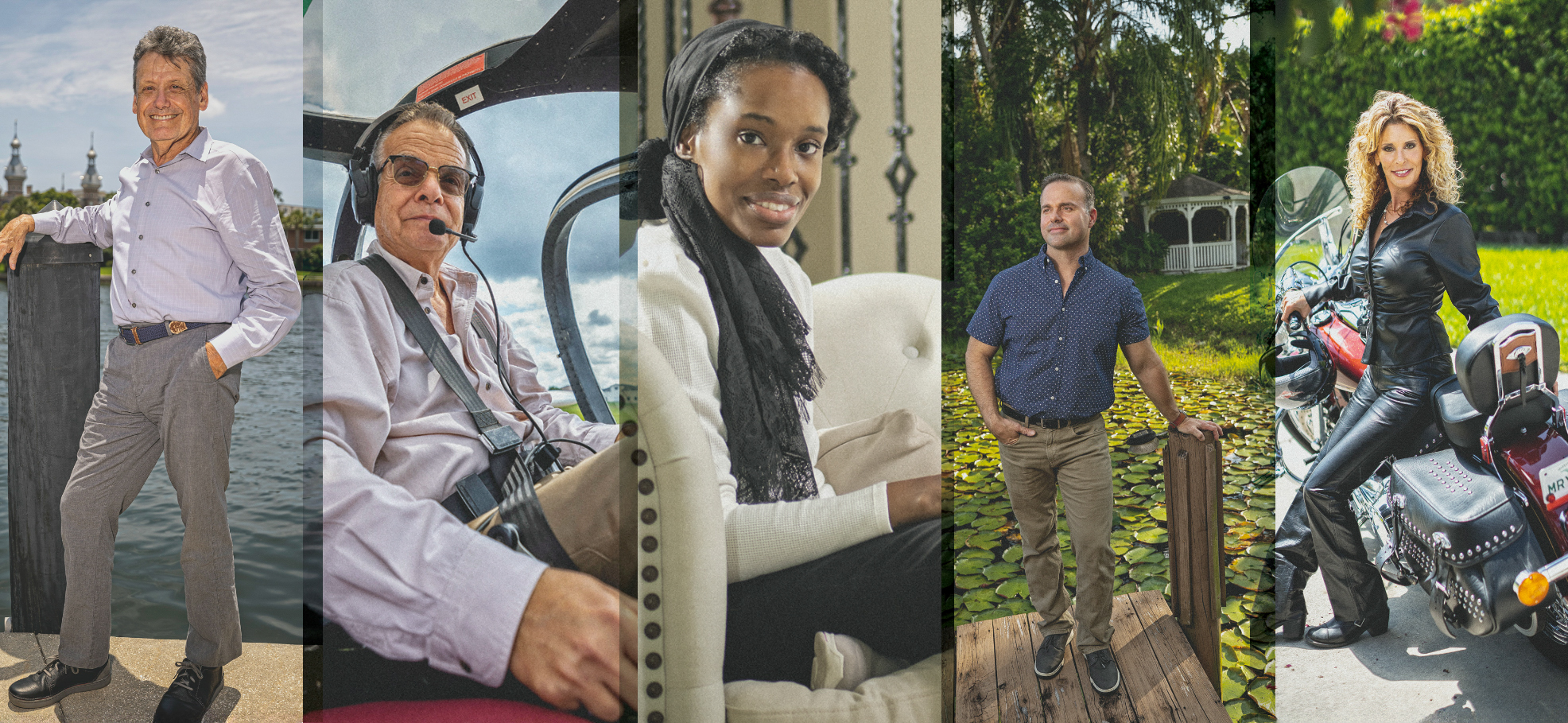Before the stethoscope, doctors used the only tool they had, their ears, to press against a patient’s chest and listen to their heartbeat. The first public demonstration of anesthesia for a surgical procedure was in 1846 when sterilized gowns and scrubs weren’t yet a concept. Fifty years later, an accidental discovery led to the medical revolution of x-rays and today, 3D printers, robot-assisted surgeries and the discussion of introducing AI technology show just how far modern medicine has come.
In an evolving industry, there’s always room for growth with scientists, medical professionals and educators across the world working to create the next breakthrough in medicine, be it a physical invention, technique or other advancement. The Tampa area is no exception. In fact, Tampa’s doctors are leading the charge in innovating and inventing a brighter future for all of mankind.
Dr. William Dalton
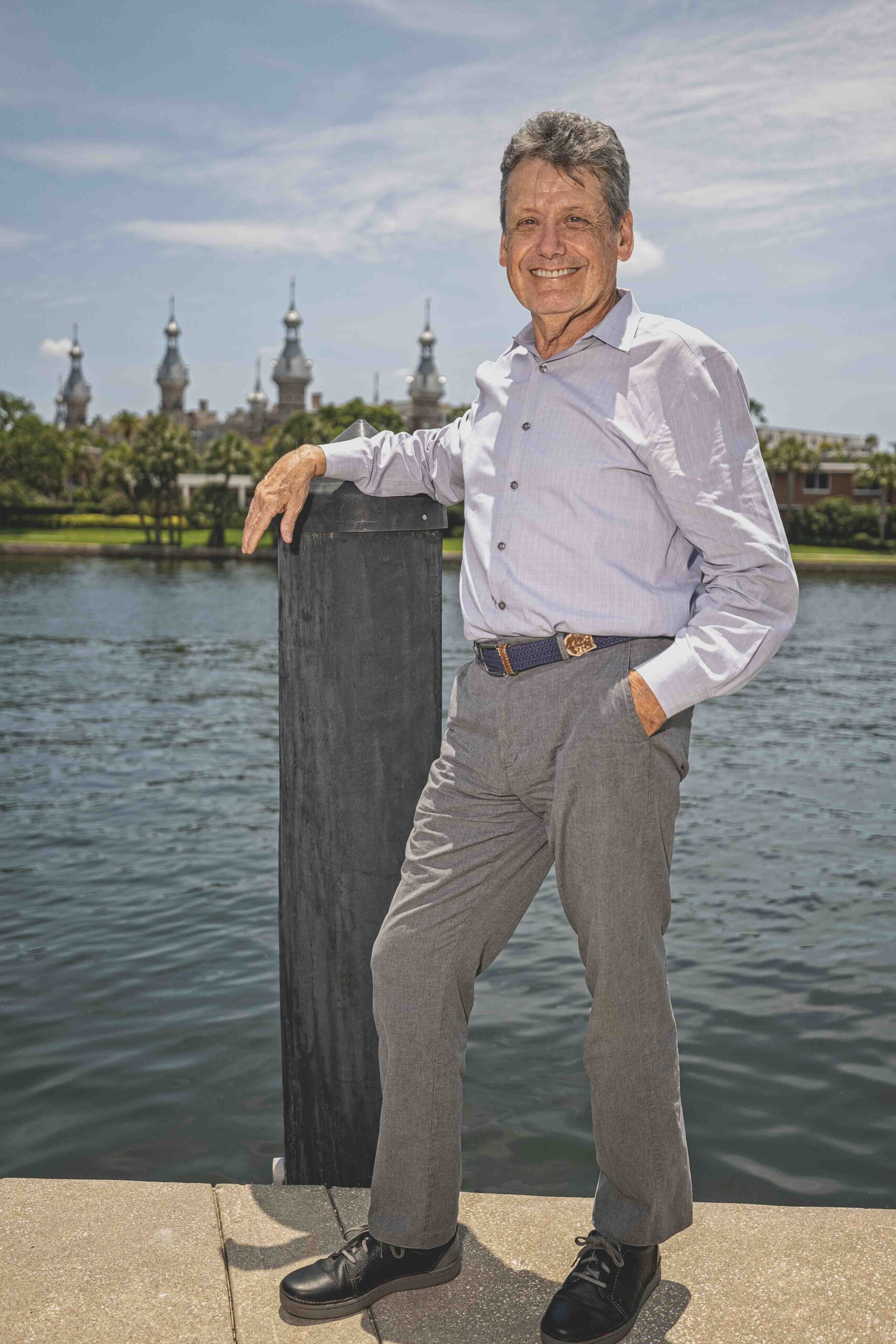
Dr. William Dalton is a pioneer in personalized medicine with his lifetime work centering around improving care and outcomes for patients with cancer.
The esteemed former president and CEO of Moffitt Cancer Center and Research Institute, Dalton led the development of the Total Cancer Care™ program, a lifetime patient-consented protocol currently used in 18 cancer centers nationwide as part of the Oncology Research Information Exchange Network (ORIEN). He is also the founder and senior advisor to Aster Insights, a leading oncology-focused bioinformatics solutions company accelerating cancer research discovery.
“We’ve made some significant contributions to the field over this time,” says Dalton, “I think a large part of our success has been the number of collaborators in medicine, research, pharmacology and other fields, each adding something to the ecosystem.”
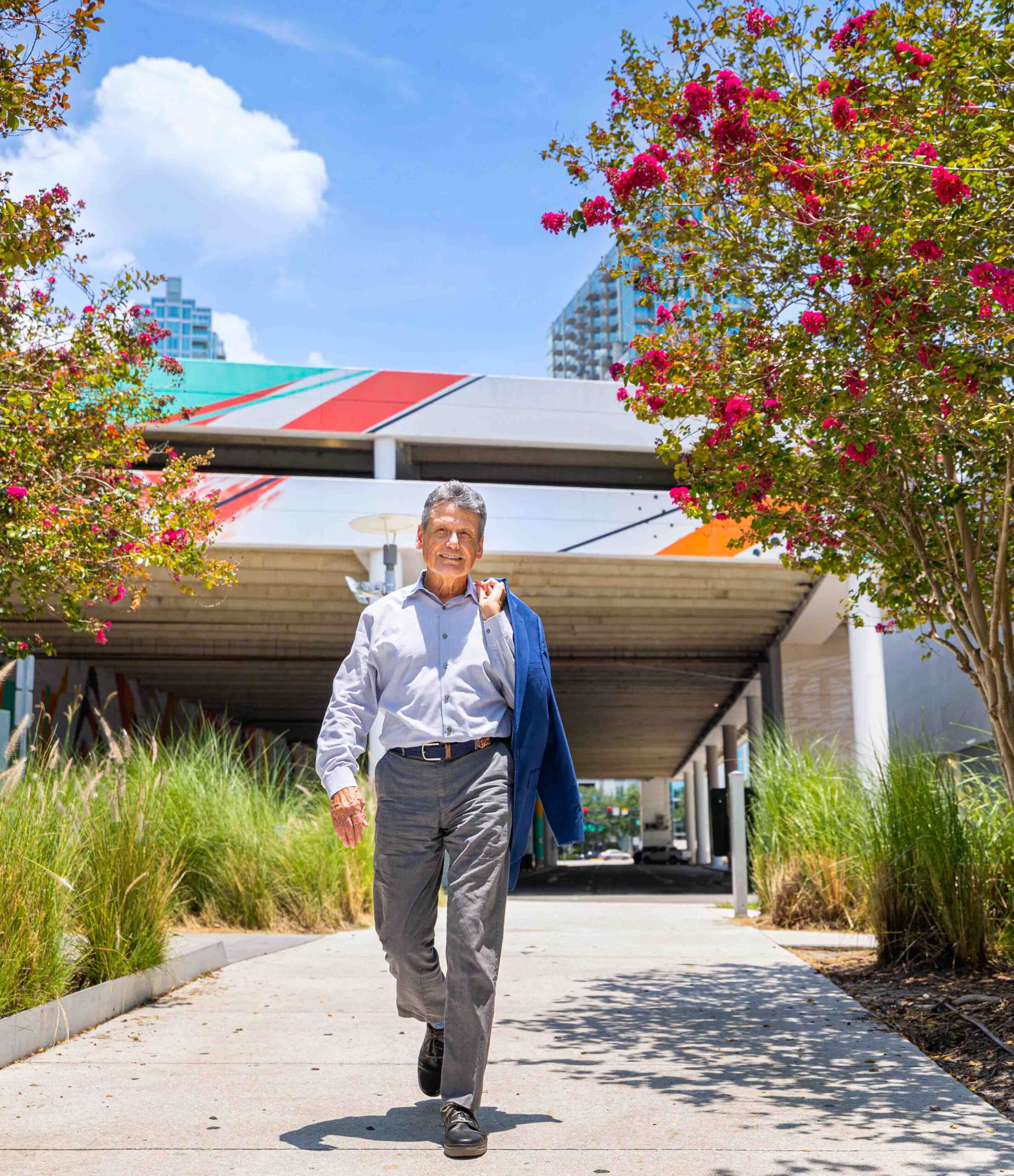
“Tampa also needs to take some credit,” he adds. “Moffitt embraced our work and made it possible. We can do things here that would have been a challenge elsewhere. Our discoveries are now used across the nation and have impacted the lives of countless patients.”
In his free time, when he’s not with grandkids or mentoring young doctors, you can find Dalton at the hangar or in the air, flying a small aircraft and perhaps crossing flight paths with another prolific Tampa inventor and hobby pilot, Dr. Paul Sanberg, president and founder of the National Academy of Inventors and executive director of Center of Excellence for Aging & Brain Repair at USF.
Dr. Paul Sanberg
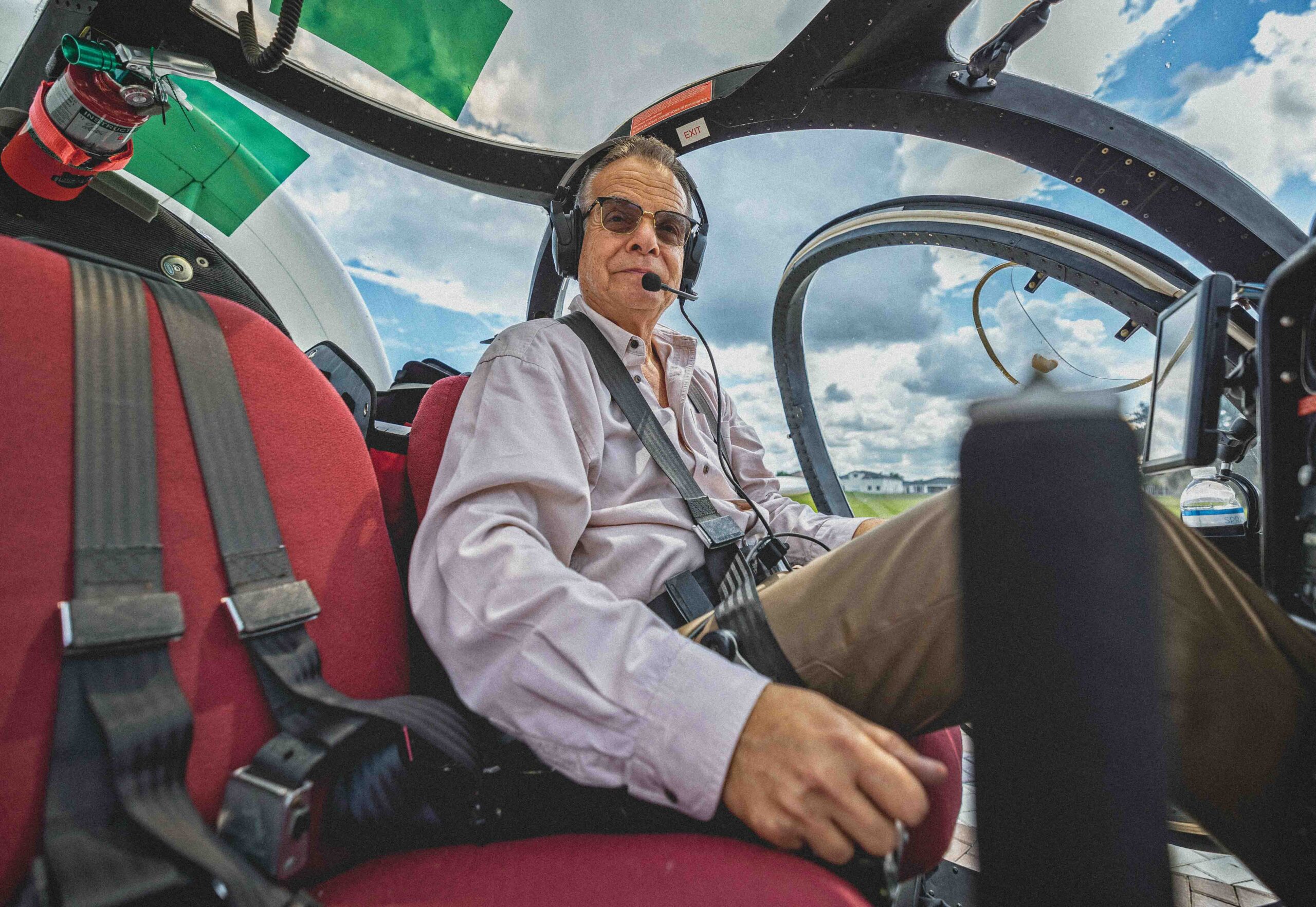
Dr. Sanberg is a doctor in the doctorate holder sense, not to be confused with a physician. But his pioneering research has had profound impacts in the field of medicine, as his work has been instrumental in understanding and developing new pharmaceutical and cellular therapeutics for stroke, Alzheimer’s, ALS, Huntington’s, Parkinson’s disease and Tourette syndrome. His research has discovered innovative ways to repair the damaged brain,
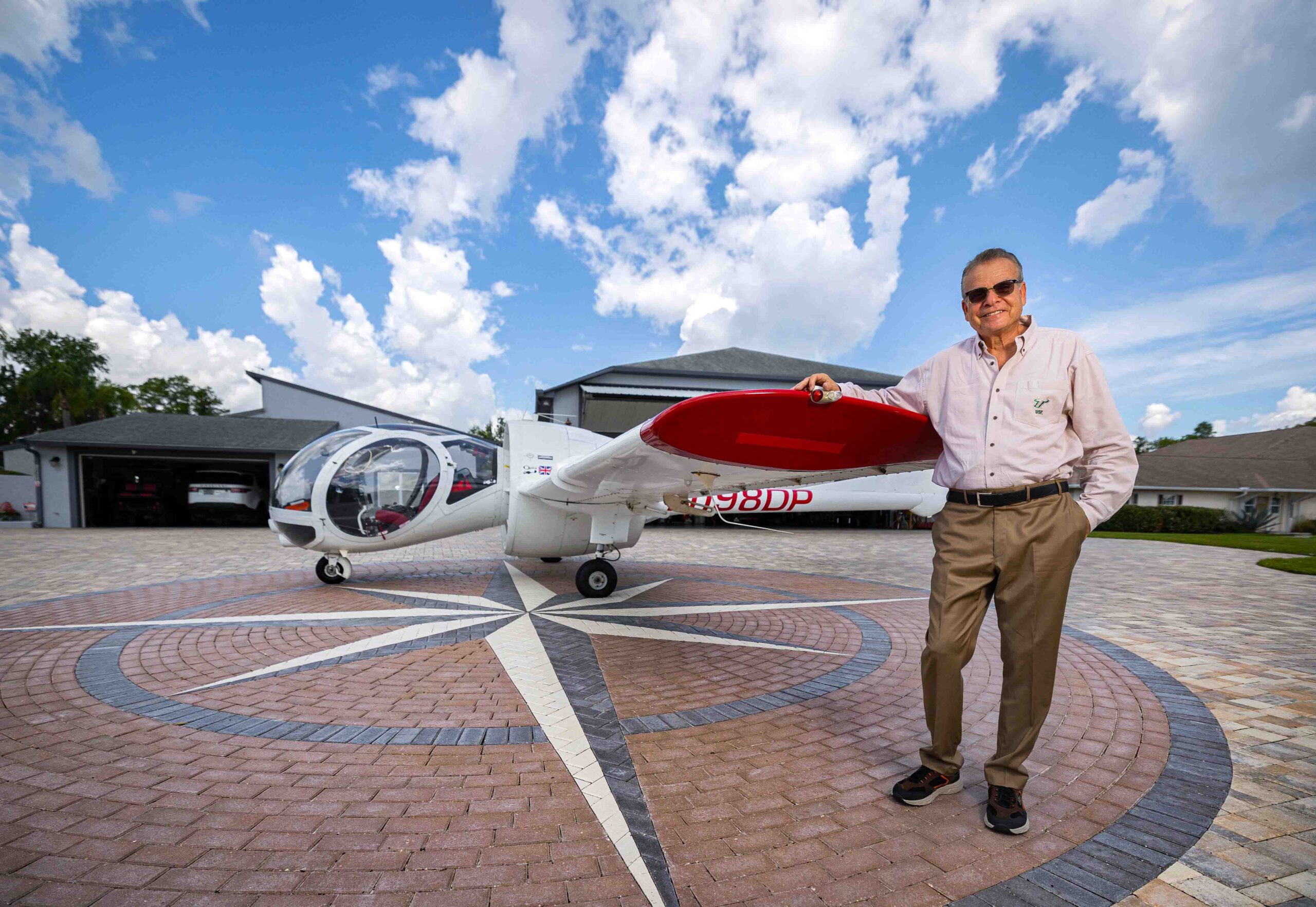
Sanberg’s career is a testament to the symbiosis between research, medicine and medical advancements. Along the way, he has honored fellow pioneers and inventors, paving the way for future advancements in the medical field.
“We don’t train academics in how to take their research to market, I’m passionate about helping people understand the link between invention and the entrepreneurial process,” he says. “We need the entrepreneurial spirit and we need an understanding of safely translating research to clinical trials and the market.”
Dr. Pamela Noel
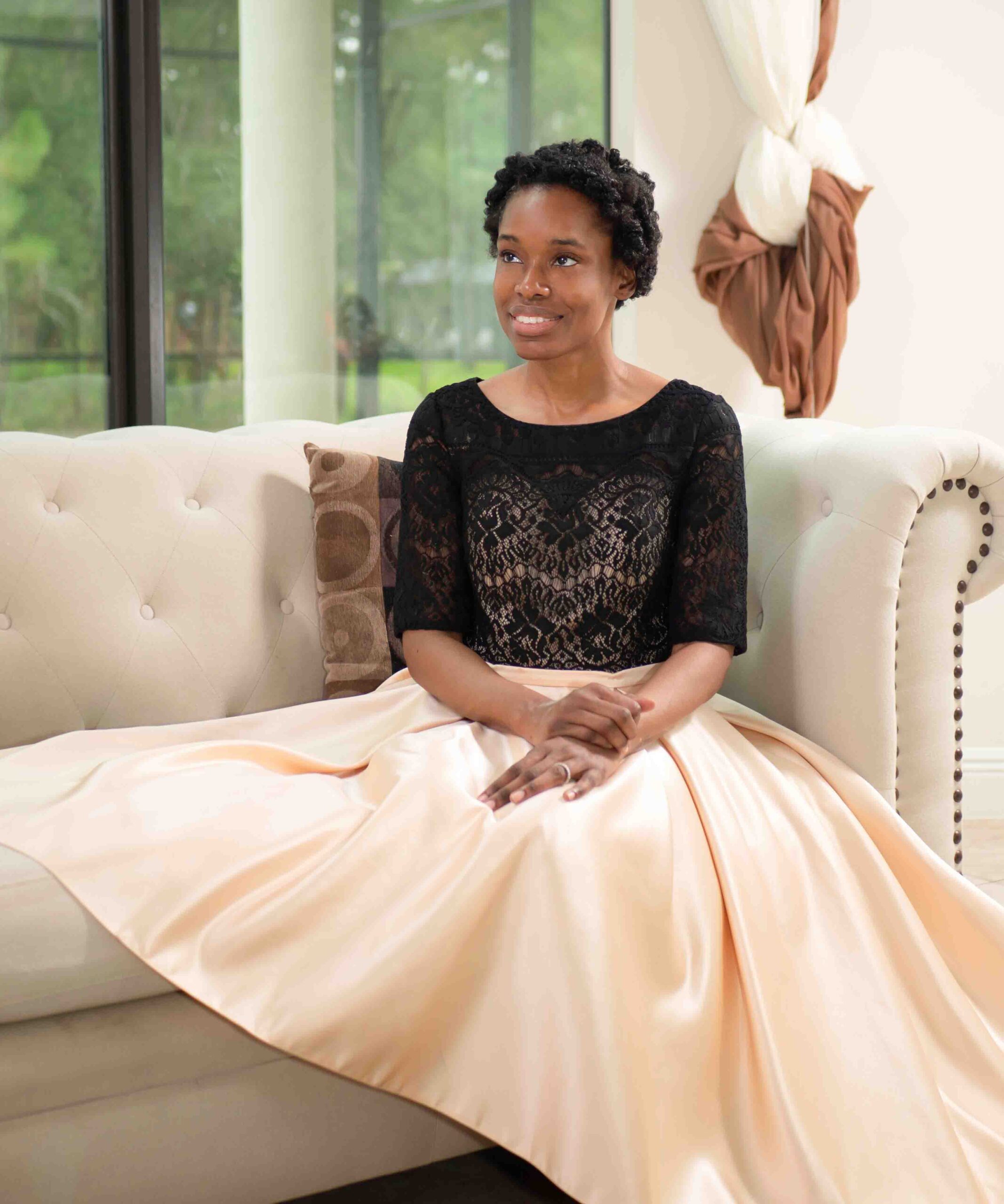
Around the age of 5, Dr. Pamela Noel knew she wanted to take care of people. A native of Haiti, she moved to the United States, where she graduated from medical school, and specialized in internal medicine and infectious diseases in Tampa Bay. During residency, Noel joined a medical mission trip to Haiti, where she realized these altruistic endeavors couldn’t form long-term patient relationships or help those with chronic conditions.
In 2017, Noel established Haiti’s Elite Medical Team Medical Center, a nonprofit organization providing primary care, laboratory analysis, general medical consultations, mobile dentistry, pharmacy, and mobile medical clinic in Cap-Haïtien.

With the nonprofit funded almost entirely by Noel, her focus is on developing a self-sustaining system with her company ScopeShield, Inc. Noel’s patented ScopeShield gown is an all-in-one gown with a stethoscope shield – a concept she envisions being successful enough to create a manufacturing center in Haiti that can produce ScopeShield gowns, provide jobs and generate profits to build a hospital.
“To have regular open hospitals in the country,” Noel says, “for Haiti, that would be a huge change. That’s what I would want to see.”
Dr. Brian Palumbo
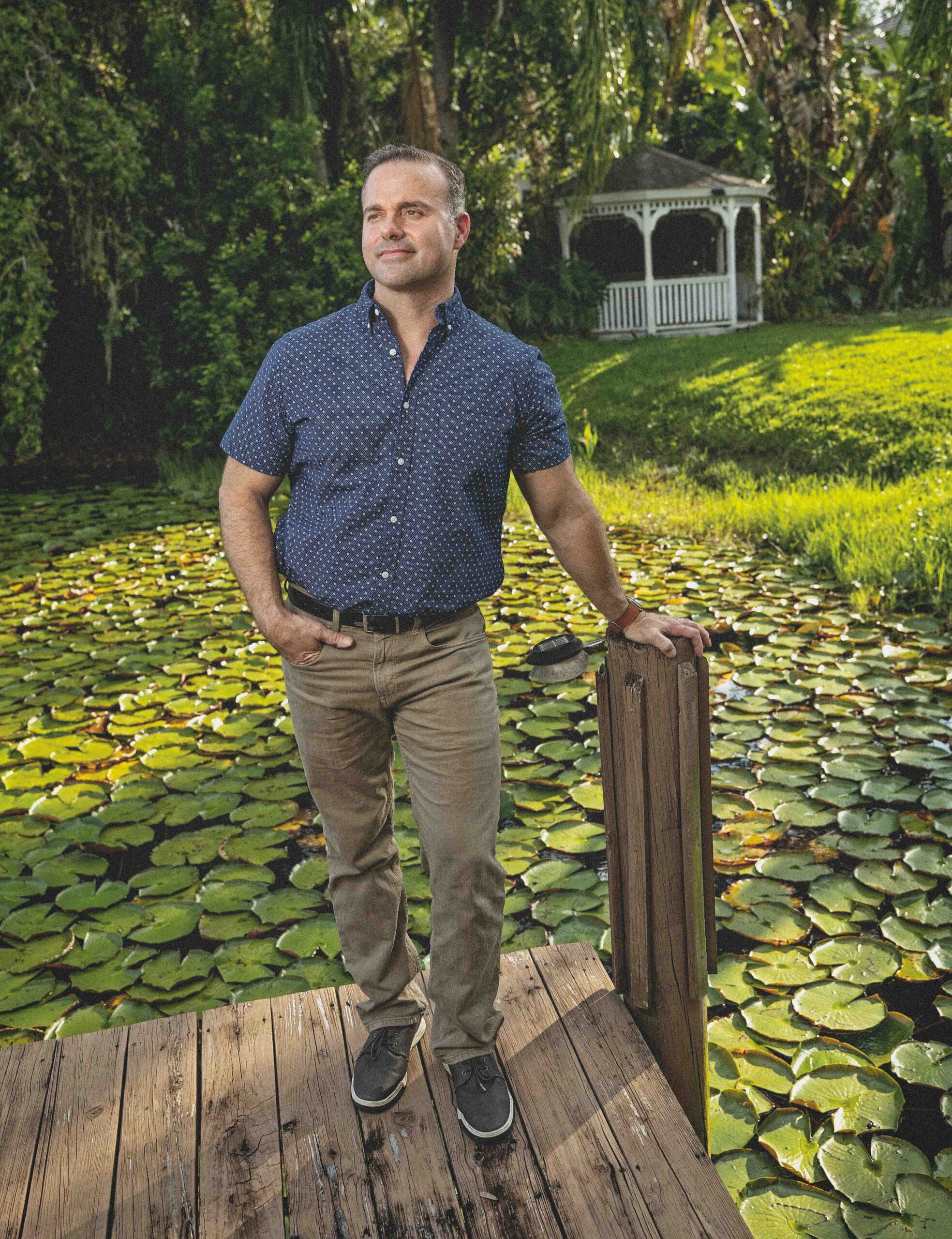
Dr. Brian Palumbo, a board-certified orthopedic surgeon at the Florida Orthopedic Institute, also has ambitious goals in patient care – specifically with partial knee replacement operations. A former jet engine mechanic, Palumbo has always been interested in how things worked and in finding solutions to problems.
Through his company Actuos Med, which he co-founded with business partner and biomechanical engineer Sergio Gutierrez, Palumbo aims to create a partial knee replacement designed for younger patients that would last longer than the bone cement typically used in replacements, which loosens over time.
“That’s one of the – in my view – one of the biggest problems in – at least knee arthroplasty – that we haven’t solved yet,” Palumbo says. “I would love to be one of the folks that helps solve it.”
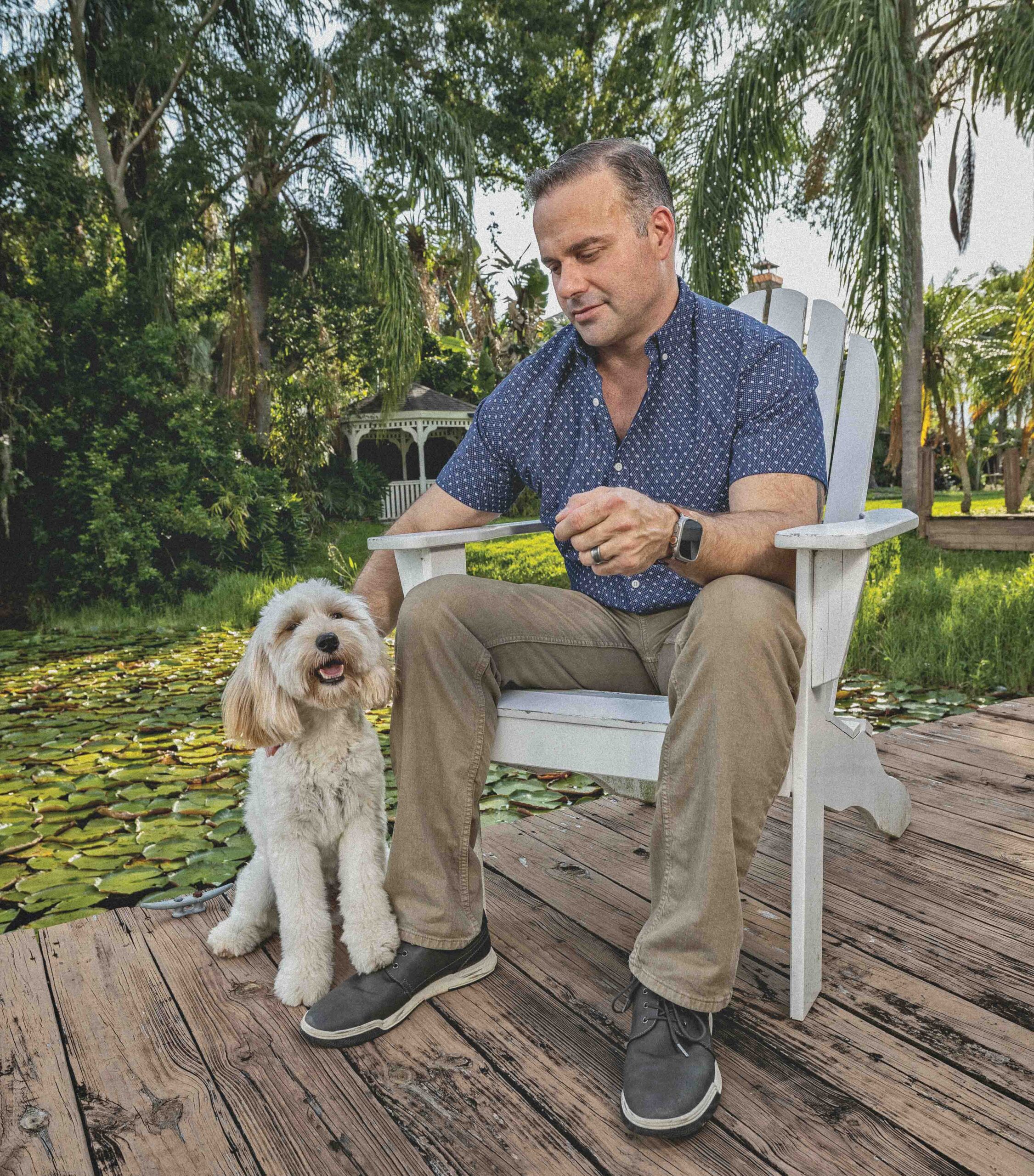
Their patent-pending cementless partial knee replacement design has progressed rapidly, with Palumbo hoping for FDA approval in the next 18 months. Simultaneously, he’s providing his surgical expertise to companies like Enovis (formerly DJO Global) in developing devices like ARVIS – an augmented reality system that can assist with total joint replacements.
“The best example is ‘Iron Man,’” Palumbo says. “He gets data from the outside world; he can bring up information; that’s what augmented reality is. I really think it’s going to be the next – probably – phase of technology not just for orthopedics and arthroplasty but for a lot of things.”
Devices like ARVIS blend the human element of an experienced, empathetic surgeon with the precision and forethought of technology.
Dr. Sharona Ross

Board-certified general surgeon Dr. Sharona Ross has fully embraced using technology in her surgical procedures. Born in Israel, Ross found her passion from watching the medical drama “Quincy, M.E.” At 13, she conducted a research study alongside a forensic pathologist and later became a military paramedic before going to medical school for surgery with an interest in minimally invasive techniques.
“My goal is to not change the operations necessarily, but minimize the trauma that the patient has to go through, the size of the incisions, the number of the incisions,” Ross says.
One of the first surgeons in the U.S. to offer single-incision laparoscopic surgeries, Ross caught the attention of AdventHealth Tampa, who recruited her and her partner to develop a program for robotic complex abdominal operations. One of only 18 surgeons from around the world to serve on the advisory board for Intuitive Surgical – a company that develops robotic-assisted surgical systems – Ross is working on IRB approval to use their single-port robots for operations on the esophagus, stomach, pancreas, biliary system and gallbladder.

“Technology is incredible and I truly tell all surgeons you’ve got to embrace it. If you don’t, you’re going to be part of the past,” she says. “It takes a lot of skill, a lot of training to become a robotic surgeon, but it’s incredible.”
The future of medical advances knows no bounds. Across varied fields, backgrounds, educations and careers, these Tampa’s doctors have one thing in common. They use their life’s work to aid in the best care possible, not only for today’s patients but for the future of mankind.
Do you know who Marathon Meb is? Read about him here. Click here to learn how to advertise with us.


